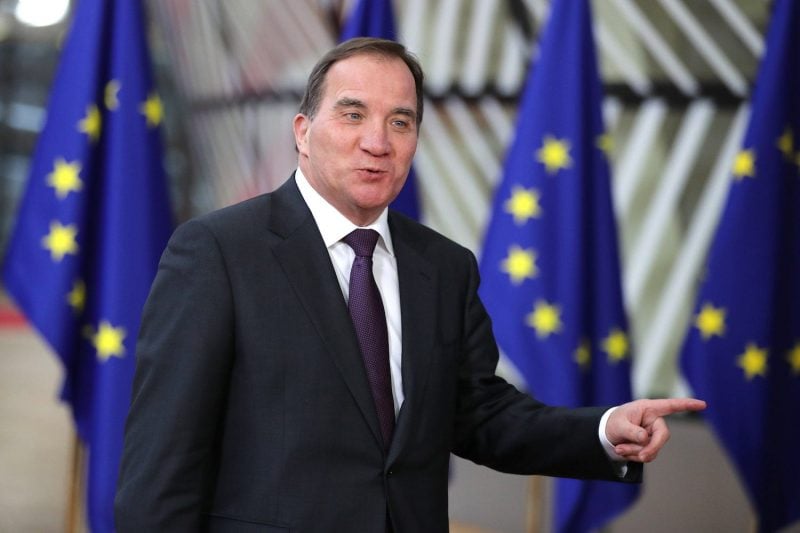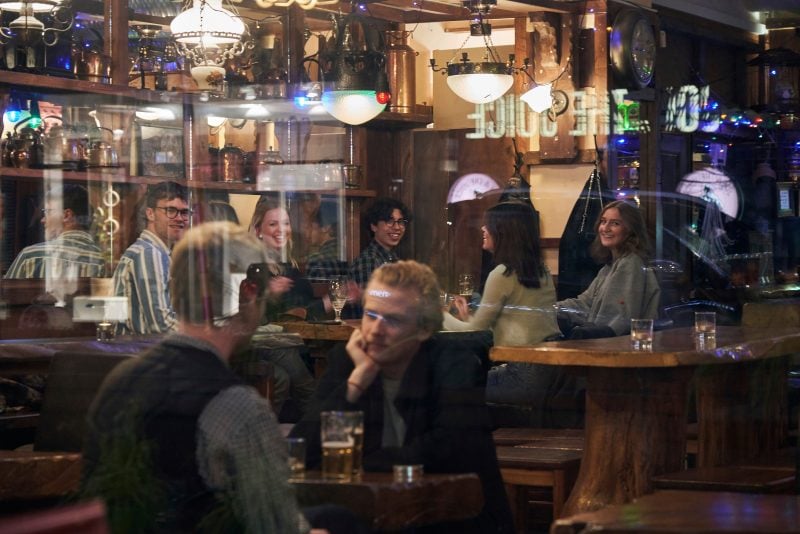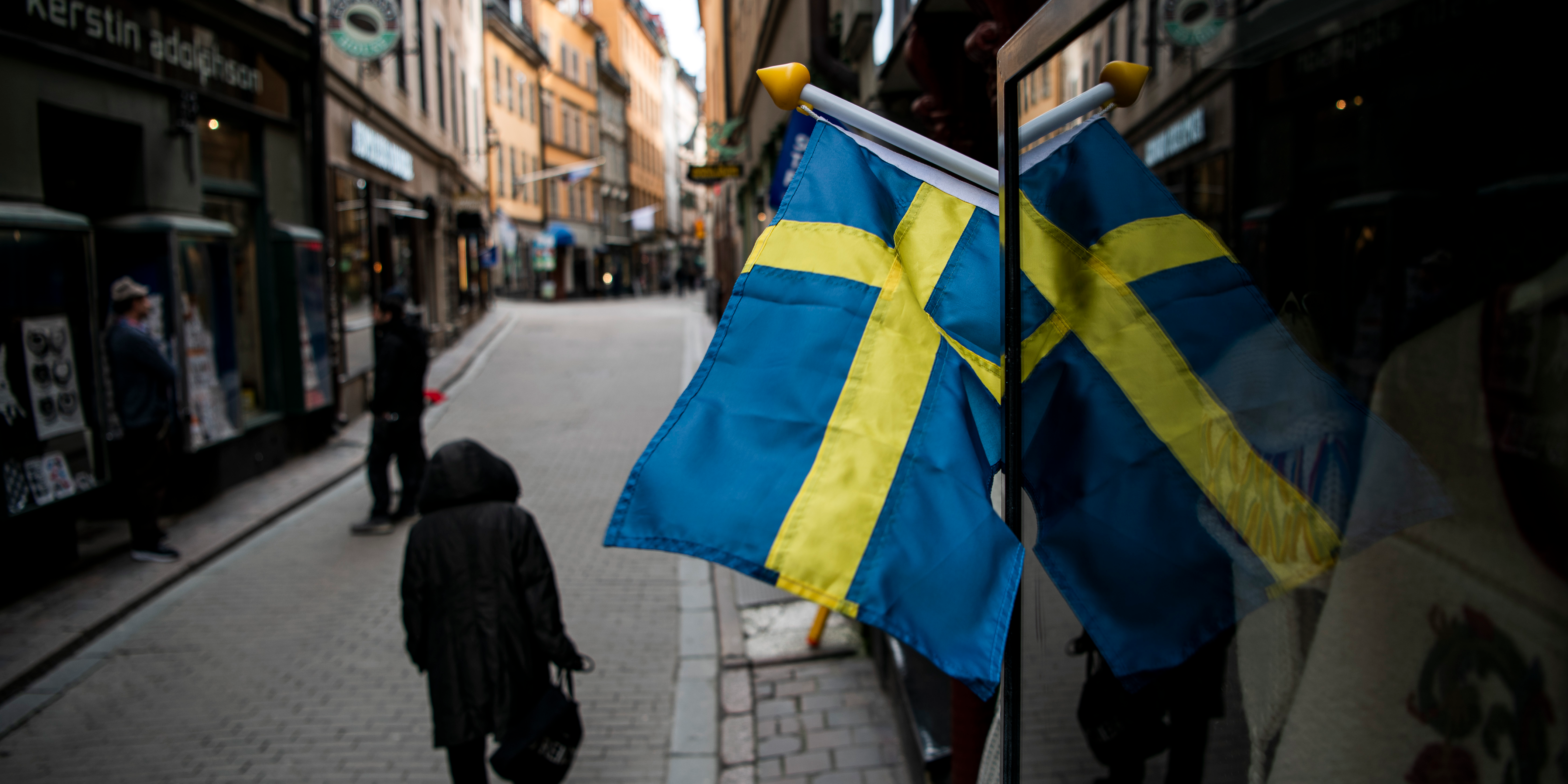- Sweden took the unusual step of not implementing a lockdown to halt the spread of the coronavirus.
- The country urged people to practice social distancing but left places like shops and restaurants open, breaking the model followed by countries across Europe and the world.
- Sweden has 477 deaths from the virus so far, but Prime Minister Stefan Löfven is now saying thousands will die from COVID-19 and that the country’s parliament may bring in more restrictive measures.
- Some experts have questioned the country’s strategy, but Löfven appeared to reject criticism of it. Sweden’s chief epidemiologist said the best strategy was simply asking people to stay apart.
- Visit Business Insider’s homepage for more stories.
Sweden, which broke international trends by not implementing a lockdown in its bid to slow the coronavirus, has so far avoided a mass outbreak. But it’s now bracing for a surge in cases.
As European countries moved into strict lockdown mode – including the closure of nonessential businesses and police-enforced orders for people not to leave their homes – Sweden carried on almost normally.
The country moved to protect the most vulnerable while doing little to slow the virus through the rest of the population as most workplaces, restaurants, and bars remained open.
People have been urged to practice social distancing and avoid traveling to help the slow the virus’ spread. The government restricted social gatherings to a maximum of 50 people, a revision down from 500 people.
Sweden has not seen a mass outbreak like some other European countries, such as Italy and Spain. But it has not completely avoided the virus: As of Tuesday morning, the country had reported just over 7,200 cases and 477 deaths.
'We will count the dead in thousands'
On Saturday, Prime Minister Stefan Löfven said the coronavirus may have spread slower in Sweden than in many other countries, but that did not mean it could avoid its worst effects.

"We have chosen a strategy of trying to flatten the curve and not get too dramatic a process because then the healthcare system probably will not cope," he told Sweden's Dagens Nyheter newspaper, according to The Guardian. "But it also means that we will have more seriously ill people who need intensive care. We will have significantly more deaths. We will count the dead in thousands."
Sweden's parliament may also introduce more restrictive measures, which could include shutting transport links, closing shops and restaurants, and putting new limits on public gathering.

But Löfven appeared to reject the idea that Sweden's unusual strategy was at fault, saying people "should not dramatize" the differences between the approaches.
"We're doing it in a somewhat different way," he said, adding that "sometimes that is because we are in different phases" of the outbreak.
Anders Tegnell, Sweden's chief epidemiologist, also defended the country's strategy.
"We think we've already taken the most important measures," he said. "Stay home if you feel ill; work from home if you can. And we have to ensure that we protect our older fellow citizens."
He added: "You could alter other rules, such as those governing trips to the restaurant or gatherings. But you get the best effect when everyone simply sticks to the basic code of conduct."
Some scientists and health experts have been critical of the country's response, which resembles an earlier plan in the UK that said the virus should move through most of the population so that it could build up a "herd immunity."
That plan was abandoned when modeling showed it would have resulted in up to 250,000 deaths.
